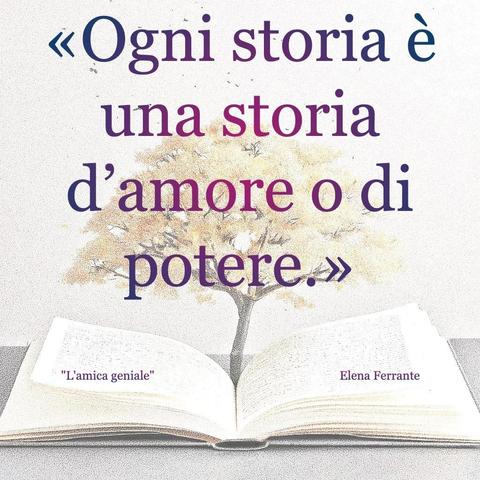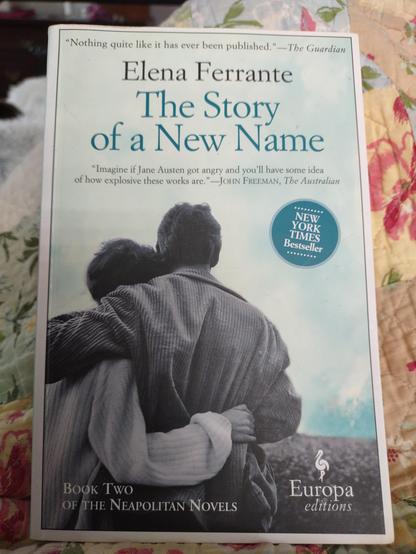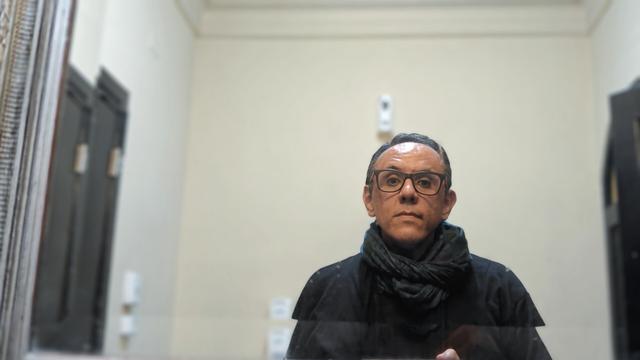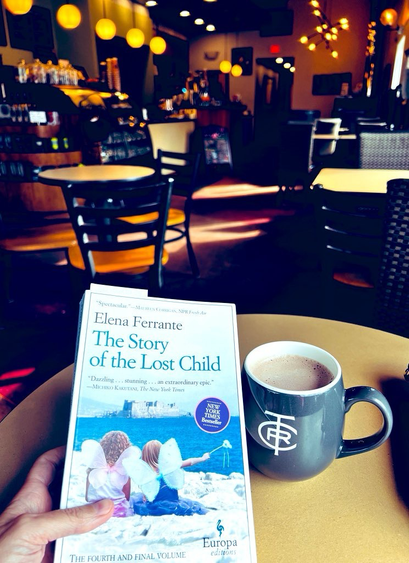🧵 3/3
A final discovery in my browsing of the TLS was the suggestion by Tim Parks that the much loved Neapolitan author known as Elena Ferrante might in fact be a man:
>>...in 2016, after the revelation that Ferrante's publisher had paid large sums of money to the translator Anita Raja, many people supposed, despite Raja's denials, that she was Ferrante, .... However, academic research has suggested a different story. Analysing an electronic corpus of 150 novels by forty contemporary Italian writers (including seven by Ferrante), a study in 2017 at Neuchatel University applied six "authorship attribution models"--essentially the comparison of stylistic attributes--in an attempt to solve the mystery. All six models turned up one writer, and one only, as consistently aligned with Ferrante: Domenico Starnone, Raja's husband. Born in Naples in 1943, he grew up in the city in the periods so intensely evoked in Ferrante's fiction. Raja was also born in Naples, but in 1953, and left at the age of three. Other corpus linguistics studies (for example by the distinguished linguist Michele Cortelazzo at Padua University) have produced the same result.
That there were similarities between Ferrante's fiction and Starnone's was already widely acknowledged....<<
https://link.gale.com/apps/doc/A839229805/AONE?u=txshrpub100020&sid=bookmark-AONE&xid=24b49f5b
I haven't read any Elena Ferrante, but I wonder if some admirers of the novels will be upset by this suggestion. Part of me thinks such a discovery should not make any difference to a reading of the novels, but another part of me thinks that just as our evaluation of a supposedly baroque musical piece might change if we discovered it had been composed in the 20th century, so readers might be similarly entitled to change their evaluation of the Neapolitan novels on learning of the author's identity. I'm not sure though...
Sorry, by the way, if this is all old news to Elena Ferrante readers.
#Books #Literature #ItalianLiterature #ElenaFerrante #DomenicoStarnone #TimParks




